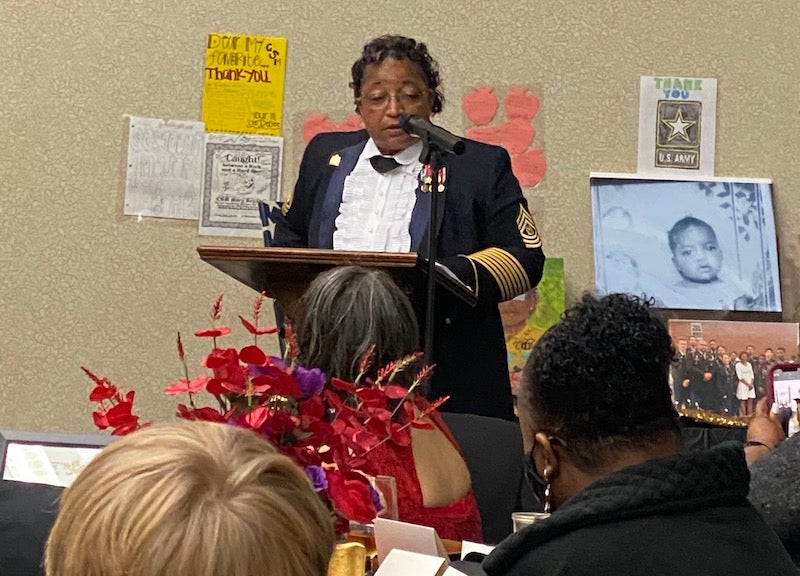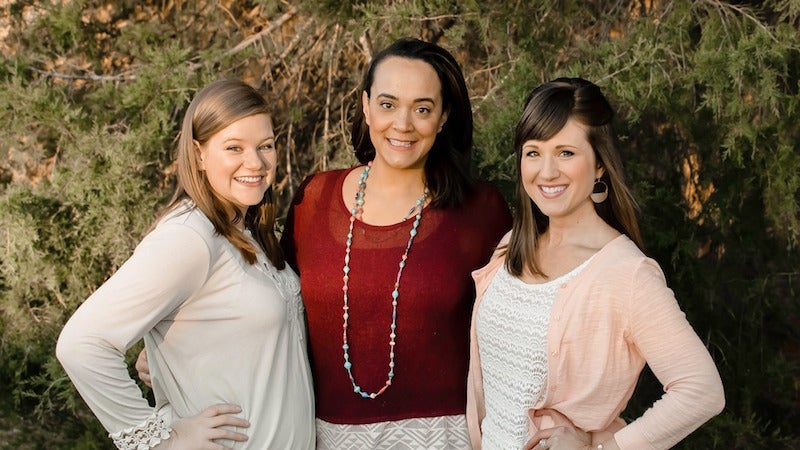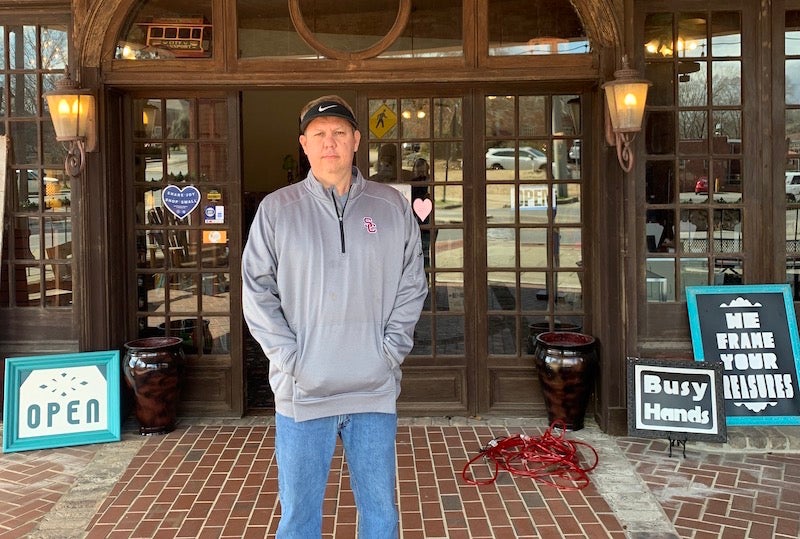Listening to students can help make change
Published 12:40 pm Monday, June 15, 2020
|
Getting your Trinity Audio player ready...
|
By CONNIE NOLEN | Community Columnist
Eleventh grade English covers American nonfiction writings, speeches and letters from approximately 1914 forward. These texts lead to students writing their own argumentation. In my argumentation teaching unit, the majority of the works studied are from the Civil Rights Movement.
After reading an excerpt of King’s “Stride Toward Freedom,” students discus three reactions to oppression found in the text including acquiescence, violence and nonviolent resistance. In this writing, King reveals his devotion to nonviolence stating, “. . . public support is magnetically attracted to the advocates of nonviolence, while those who employ violence are literally disarmed by overwhelming sentiment against their stand.”
Court cases won during the Civil Rights Movement evidenced King’s truth that powerful, nonviolent action—and words—win public support. Societal changes brought us closer to King’s dream that his children be judged “by the content of their character.”
In another speech entitled, “What’s Your Life’s Blueprint?” delivered to Philadelphia students, King said, “I happen to believe in nonviolence . . . we’ve got to struggle [against injustice] with a method that can be militant, but at the same time, does not destroy life or property.”
In “Stride Toward Freedom” King shared his thoughts on violence, “. . . an eye for an eye leaves everybody blind.”
King concludes his blueprint, “You have a responsibility to seek to make your nation a better nation . . . our slogan must not be ‘Burn, baby, burn!’ It must be ‘Build, baby, build; organize, baby, organize!’ Yes, our slogan must be ‘Learn, baby, learn!’ so that we can earn, baby, earn!”
King’s commitment to both love and education is inspirational. He calls us all to fight for justice by bringing forth our best. Allowing students to share their goals and aspirations creates a support network—yet law enforcement is rarely invited to hear hopes and dreams.
If law enforcement at every level hears stories from students, joining that support network will become universal. Only united can we live Dr. King’s commitment to “transform dark yesterdays of injustice into bright tomorrows of justice and humanity.”








